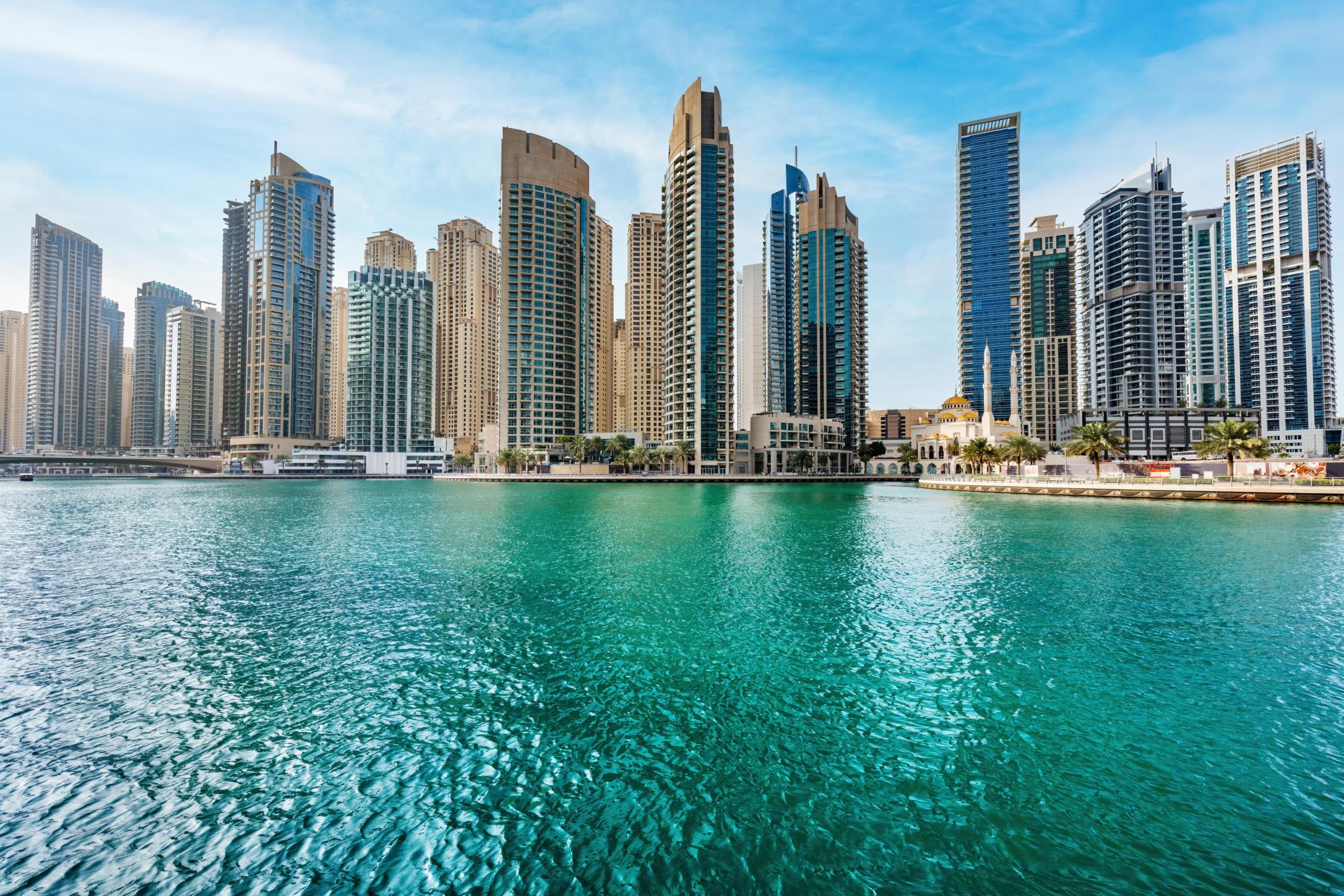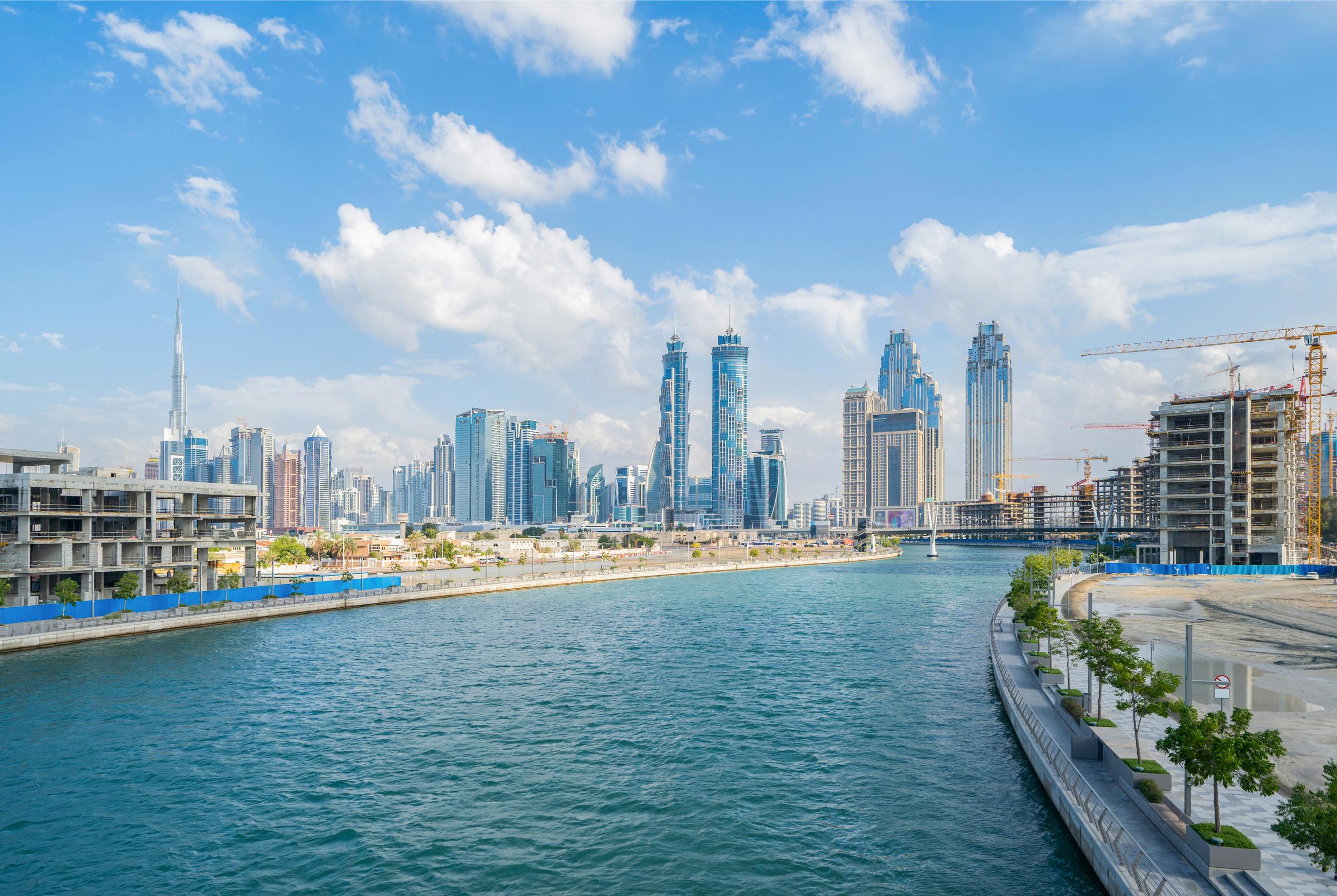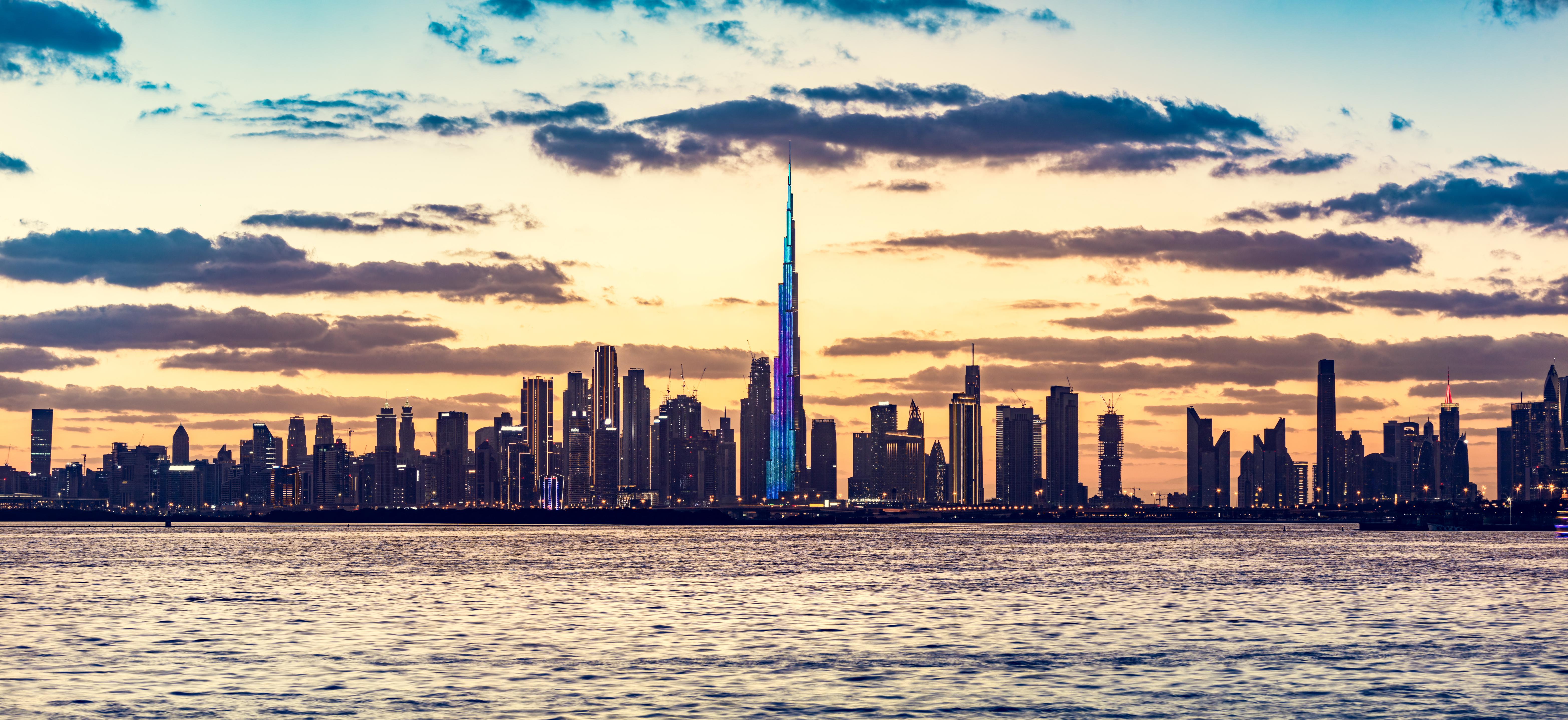
History of Dubai
From Desert Settlement to Global Powerhouse
8 min read
Category : CultureDestination : DubaiDubai, a name synonymous with luxury, innovation, and futuristic ambition, was not always the global icon it is today. Long before the emergence of the Burj Khalifa and palm-shaped islands, the history of Dubai tells a story of resilience, transformation, and cultural richness that few cities can match.
As you walk through the city’s vibrant neighborhoods from the shimmering Dubai Marina to the historic Al Fahidi district you’ll discover traces of a past that continues to shape the soul of the emirate. For luxury travelers and curious explorers alike, understanding the heritage of Dubai offers deeper insight into what makes this city so captivating.
Heritage of Dubai: A Legacy Rooted in Trade and Culture
The heritage of Dubai is a captivating fusion of Bedouin traditions, maritime trade, and visionary leadership. Situated along the Persian Gulf, Dubai has always utilized its strategic location to become a center of commerce and cultural exchange.
Dubai’s early years were characterized by:
- Pearl diving and fishing, which supported the local economy and formed the foundation of coastal communities.
- Trade across the Arabian Peninsula, positioning Dubai as a key stop for merchants traveling between India, Africa, and Persia.
- A lifestyle rooted in simplicity, resilience, and a deep connection to the desert and sea. Today, the city’s culture still proudly reflects this heritage. In the preserved alleys of Al Bastakiya, at the Dubai Museum, or during a visit to the Sheikh Mohammed Centre for Cultural Understanding, visitors can experience a living tribute to the emirate’s roots.
How Did Dubai Begin?
To fully grasp the history of Dubai, one must look back over 3,000 years. Archaeological evidence reveals human settlements in the area as early as the Bronze Age. However, modern Dubai began to take shape in the 18th century when the Al Maktoum family established control, turning it into a modest fishing and trading village.
By the early 19th century, Dubai had become a prominent trading port on the Gulf, offering tax incentives and attracting foreign merchants, especially from India and Iran. Its natural harbor at the mouth of Dubai Creek made it an ideal hub for sailing dhows carrying spices, fabrics, and precious stones.
This strategic location and progressive trade policies laid the groundwork for Dubai’s emergence as a global economic powerhouse.
What is the Old Name of Dubai?
Interestingly, the old name of Dubai was also Dubai. However, the origin of the name remains a topic of debate among historians. One theory suggests it stems from the Arabic word "Daba," referring to the slow movement of a baby locust possibly referencing the creek’s gentle tidal flow. Others believe the name came from a market town once situated along an ancient trade route.
While the name has remained unchanged, its meaning has evolved to symbolize not just a location, but a vision of progress and possibility.
Who Built the Dubai?
The simple answer is: the people and the ruling Al Maktoum family. But the full story is far richer.
Sheikh Maktoum bin Butti Al Maktoum, who arrived in Dubai in 1833 with the Bani Yas tribe, is considered the founder of modern Dubai.
In the 20th century, Sheikh Rashid bin Saeed Al Maktoum took transformative steps, investing in infrastructure such as roads, ports (Port Rashid), and airports initiatives that began well before oil revenues played a significant role.
His son, Sheikh Mohammed bin Rashid Al Maktoum, has continued this legacy, positioning Dubai as a global leader in tourism, luxury, and innovation.
Yet, Dubai’s rise wasn’t driven by leadership alone. It was the collaborative spirit of locals, merchants, and expatriates that built the city brick by brick, sail by sail.
How Did Dubai Become So Rich?
A common misconception is that Dubai’s wealth stems entirely from oil. In truth, oil played a limited but critical role.
Discovered in 1966, Dubai’s oil reserves were modest compared to those of neighboring Abu Dhabi. Recognizing this early on, Dubai’s leadership acted swiftly to diversify the economy.
Key factors in Dubai’s wealth include:
- Diversification: Sectors such as real estate, tourism, aviation (Emirates Airline), logistics (DP World), and finance became major economic pillars.
- Free zones: Tax-free business hubs like Jebel Ali attracted global companies and talent.
- Infrastructure investment: Billions were invested in roads, airports, luxury hotels, and entertainment venues.
- Tourism and luxury branding: Iconic developments like the Burj Al Arab, Palm Jumeirah, and The Dubai Mall helped position the city as a premier luxury destination. Dubai’s success lies in strategic planning, international partnerships, and visionary governance creating a city that is not only wealthy but also resilient and future-oriented.
A City that Honors Its Past While Shaping the Future
Today, visitors can explore the heritage of Dubai in its well-preserved historic districts, savor traditional Emirati cuisine, and stroll through souks where spices and gold are still traded as they were centuries ago.
Just minutes away, futuristic skyscrapers, autonomous trains, and world-class malls showcase the city’s unwavering dedication to innovation and growth.
Luxury Experiences that Echo Dubai’s Rich History
For luxury travelers, there are countless ways to immerse in the history of Dubai:
- Al Seef District: A beautifully restored area blending modern boutique hotels with traditional Emirati architecture.
- Dubai Creek Dhow Cruise: Glide along the historic waterway in a traditional wooden boat while enjoying fine dining and scenic views.
- Desert safaris with Bedouin dinners: Experience the age-old desert lifestyle under a sky full of stars.
- Etihad Museum: Learn about the formation of the United Arab Emirates in 1971 and Dubai’s pivotal role in that historic journey.
Final Thoughts: Why the History of Dubai Matters
Understanding the history of Dubai is more than a study of dates and events it is about embracing the spirit of a city that evolved from a humble fishing village into a global capital.
Its success is not solely derived from oil, but from its people, visionary leaders, and unwavering belief in the future. The city proudly honors the heritage of Dubai while building a luxurious, inclusive, and globally influential tomorrow.
For travelers seeking more than photo opportunities and shopping sprees, delving into Dubai’s rich historical roots offers a deeper and more meaningful connection to this extraordinary city.
Related Articles

Dune Buggy Dubai
Experience the thrill with The Dune Buggy Dubai that offering the Best Buggy Ride Dubai for those who luxury, and unforgettable desert adventures.

Discover the Best Sightseeing in Dubai
When it comes to luxury travel, few destinations in the world rival the splendor and innovation found in sightseeing in Dubai.

Places to Visit in Dubai
Discover Dubai, where futuristic ambition meets Arabian charm. The places to visit in Dubai offer a mix of luxury, desert adventures, shopping, and cultural
